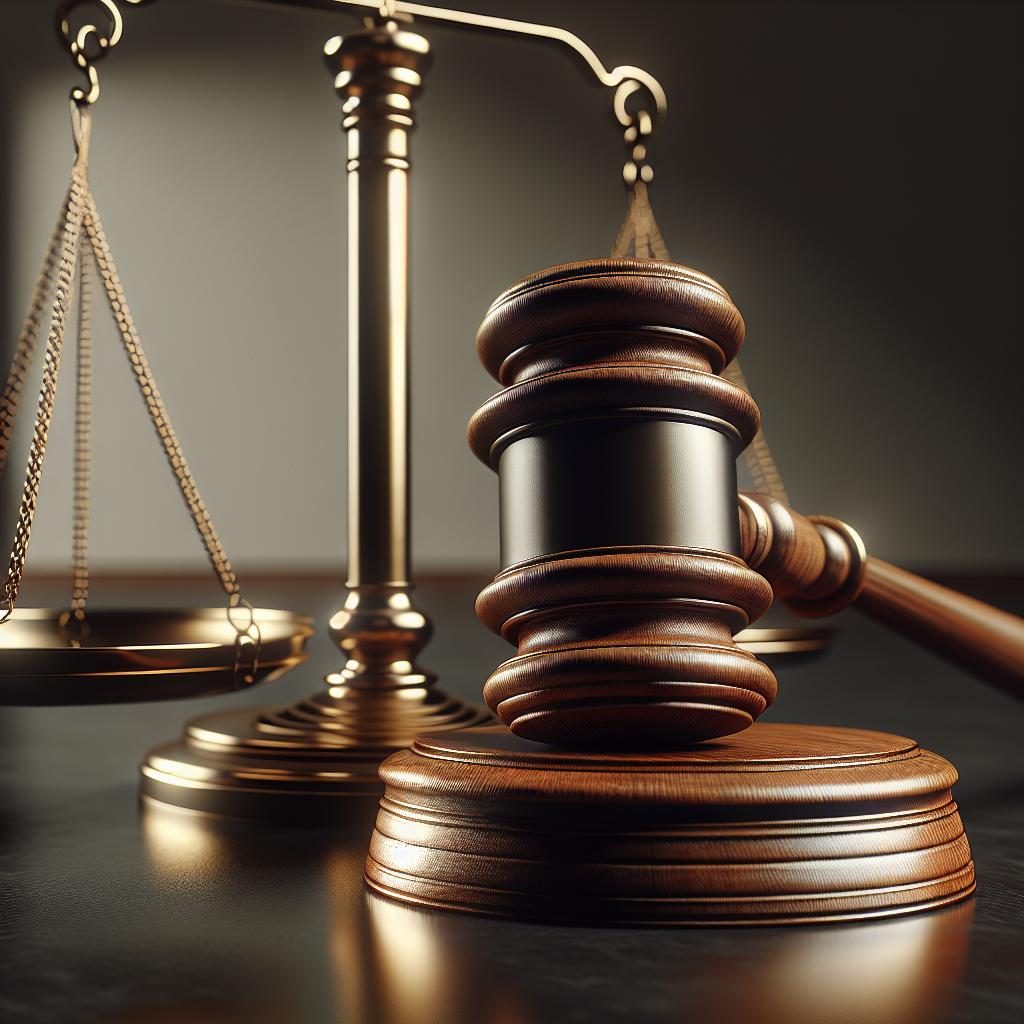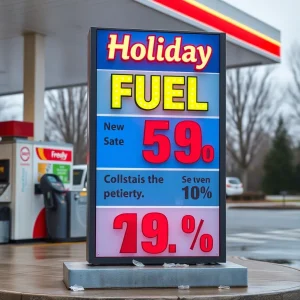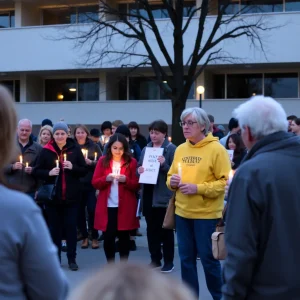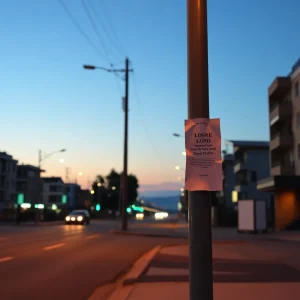Columbia, S.C. – A Historic Execution Looms
In an unprecedented turn of events, Columbia is set to witness its first execution in 13 years with the scheduled death of Freddie Owens on September 20. This moment is significant not only for Owens but also for the state of South Carolina, which has grappled with the complexities surrounding capital punishment over the last decade.
What Led to This Moment?
Owens, 46, was sentenced to death for the tragic murder of convenience store clerk Irene Graves back in 1997. The details of this case are chilling; it was reported that during a robbery, Owens purportedly shot Graves in the head when she was unable to open the safe. While there was some surveillance footage from the convenience store, it oddly fell short of offering a clear view of the incident itself. To make matters more complicated, the prosecution couldn’t find the weapon used, which has raised eyebrows in discussions about the evidence presented during the trial.
A Controversial Legal Battle
Owens has been on death row since he was convicted, but it’s the recent court rulings that have put his fate front and center. The South Carolina Supreme Court recently denied two appeals from Owens’ defense team, who argued that they had new evidence involving a co-defendant, Steven Golden, who struck a plea deal to avoid a more severe sentence. They claimed that this deal might have influenced jurors’ perceptions during the trial, leading them to convict Owens more swiftly.
Interestingly, Golden, who had testified against Owens, was sentenced to 28 years in prison for a lesser charge of voluntary manslaughter. Despite the defense’s claims about the fairness of the trial, the Supreme Court determined that the evidence provided did not meet the required standards for a new appeal. “He was a major participant in the murder and armed robbery who showed a reckless disregard for human life,” the justices pointedly noted.
Governor’s Role in the Outcome
The next significant moment for Owens will rest in the hands of Governor Henry McMaster. The Governor has the authority to commute Owens’ death sentence to life in prison. Historically, South Carolina governors have held off on announcing their decisions until moments before an execution, and McMaster has indicated that he is still weighing his choices. As a former prosecutor, he has previously voiced respect for jury verdicts and maintaining the rule of law, creating a narrative around what his decision might be.
Voices of Concern and Hope
As the execution date approaches, there’s a palpable sense of urgency among opponents of the death penalty. Just outside McMaster’s office, advocates for alternatives to capital punishment have gathered, urging the Governor to consider Owens’ life more deeply. They are arguing that no one should have the power to take another life, not even the state. Rev. Hillary Taylor, a key figure in the protest, has pointed to the humanity of Owens, stating, “Nobody is beyond redemption.” The message resonates particularly when considering that Owens was just 19 years old at the time of his crime.
The call for clemency also highlights ongoing discussions about racial disparities in the death penalty, with many underscoring that a significant number of those executed in South Carolina have been Black individuals, including Owens. As Rev. David Kennedy from the NAACP emphasized, “Only God can do that,” shedding light on the moral implications surrounding state-led executions.
The Weather Forecast
As this historical execution day looms on the horizon, Columbia expects a deluge of rain, a heavy downpour with totals exceeding four inches in some areas. Residents can anticipate widespread heavy rainfall tonight and tomorrow, possibly overshadowing the attention to this significant legal moment. It seems as though nature itself is mirroring the storm brewing around Owens’ fate.
In Conclusion
The coming days will be monumental for not just Freddie Owens, but also for the discussions surrounding capital punishment in South Carolina. Whether Owens will receive clemency remains to be seen, but for now, this conversation about justice, accountability, and mercy continues to be front and center in Columbia. As the dialogue unfolds, many in the community remain hopeful that justice will ultimately prevail, yet the weight of history looms large.


























